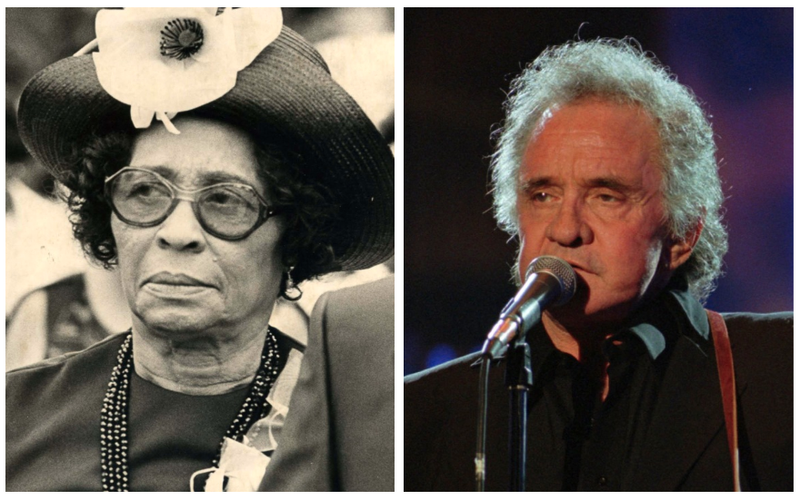An effort to replace the state's two statues in the U.S. Capitol with those of Little Rock Nine activist Daisy Gatson Bates and singer Johnny Cash was endorsed by a legislative committee Wednesday.
Sen. David Wallace, R-Leachville, told the House State Agencies and Governmental Affairs Committee that when he went through Statuary Hall in the nation's capital he didn't recognize the depictions representing Arkansas -- Uriah M. Rose, who helped found the Rose Law Firm and American Bar Association, and James P. Clarke, who was governor from 1895-97 and a U.S. senator from 1903-06.
"I love history. We've got statues of two men who were great men of their day. I don't have any complaints with them, but those statues were put up over 100 years ago," Wallace said. "I believe that Arkansas needs statues that when our folks go to our Capitol, they can walk in and they recognize those individuals."
After the House State Agencies committee endorsement, Senate Bill 75 will now go to the House floor.
The bill sailed through the Senate last month with a 33-0 vote and was endorsed by the Senate State Agencies and Governmental Affairs Committee, where it had previously failed twice within a six-day period.
[RELATED: Complete Democrat-Gazette coverage of the Arkansas Legislature]
Rep. Jim Dotson, R-Bentonville, asked Wallace if he would consider holding the bill and allowing the House the chance to choose one of the statue subjects.
Rep. Richard Womack, R-Arkadelphia, House sponsor for the bill, said opening the selection process to the House would be too time consuming.
"I have no problem with the House picking anybody, but at the point we are in the session, if we went through that process, we may lose the ability to change these statues at a key time," Womack said. "We have two upstanding individuals that came forth out of the Senate's process."
Bates served as a civil-rights activist, writer and publisher who worked and documented the struggle to end segregation in Arkansas while Cash was a famed musician who sold more than 90 million records, is one of the few people to be recognized in both the Country Hall of Fame and Rock and Roll Hall of Fame, and received numerous awards for his work, according to SB75.
Statuary Hall began in 1864 when Congress passed a law inviting each state to submit up to two bronze or marble statues.
After the committee voted to recommend SB75 for passage, Wallace referenced the Johnny Cash song, "Folsom Prison Blues."
"Thank you," Wallace said. "I hear that train a-comin'."
A Section on 03/07/2019
